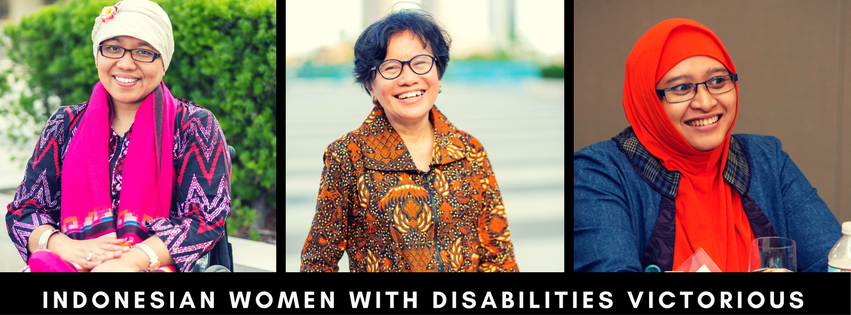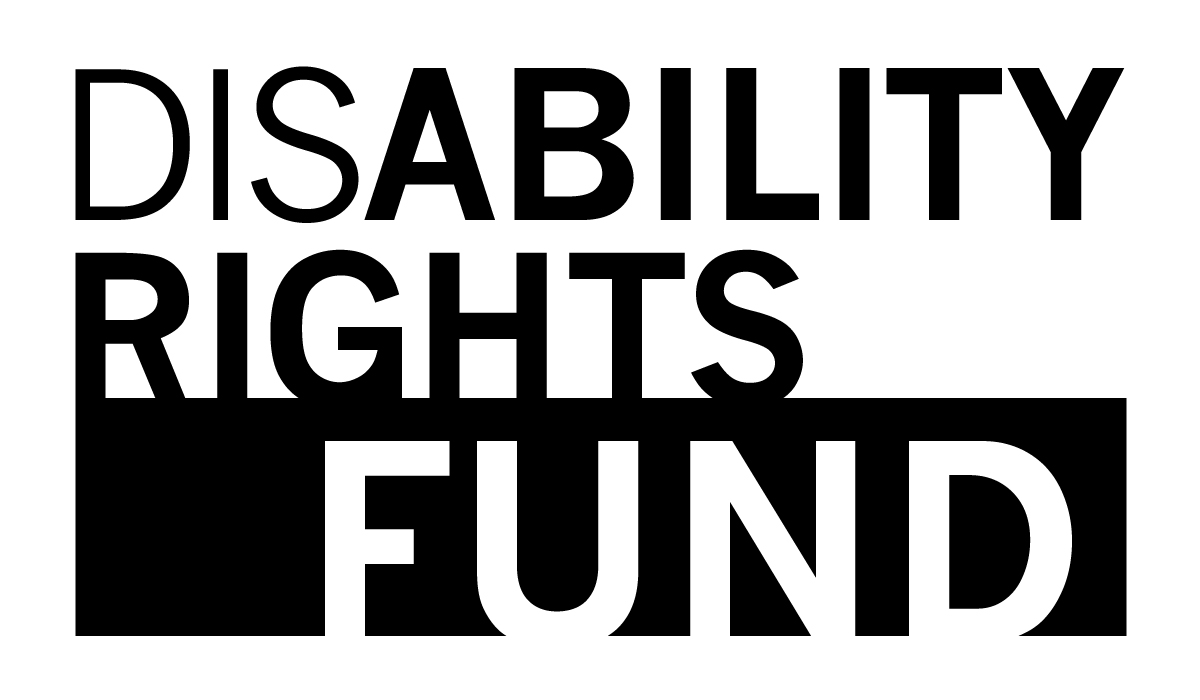
This week – in between International Day of Persons with Disabilities on December 3rd and International Human Rights Day, December 10th – three Indonesian women with disabilities have been recognized for their ground-breaking work to advance rights in their country.
Risnawati Utami was given an award at the gala event of the US international Council on Disability. Risna is a human rights lawyer and founder of Perhimpunan Ohana, an organization supporting the Indonesian disability movement with policy and legal advocacy. She is also a candidate, put forward by her government, for the UN Committee on the Rights of Persons with Disabilities.
Maulani Rotinsulu was a key speaker at the Australian Disability & Development Consortium’s International Day of Persons with Disabilities event at the Australian Parliament in Canberra. Maulani heads the national organization of women with disabilities in Indonesia and the ASEAN Disability Forum, a regional network of organizations of persons with disabilities.
The Disability Rights Fund and the Disability Rights Advocacy Fund have resourced their work, including through the support of Dwi Ariyani, our Grants Consultant in Indonesia.
Dwi – who comes from the disability rights movement herself – had her own win this week. Following a year-long legal battle, Dwi won a case against Etihad airlines for discrimination. This case forces Etihad to change their policy and practices regarding airline passengers with disabilities.
The work of these three women – and their leadership in the Indonesian disability movement more broadly – helped lay the groundwork for ratification by the Indonesian government of the Convention on the Rights of Persons with Disabilities, in 2012, and for the passage, in February 2016, of a national Persons with Disabilities Act, Law No.8/2016.
Set against the background of the situation generally for persons with disabilities and for women, in Indonesia, the work of Risna, Maulani, and Dwi highlighted this week, shatters all kinds of glass ceilings. These are not ‘only’ disability rights activists; these are women’s rights activists fighting for all women; these are human rights activists ensuring that no one is left behind.
